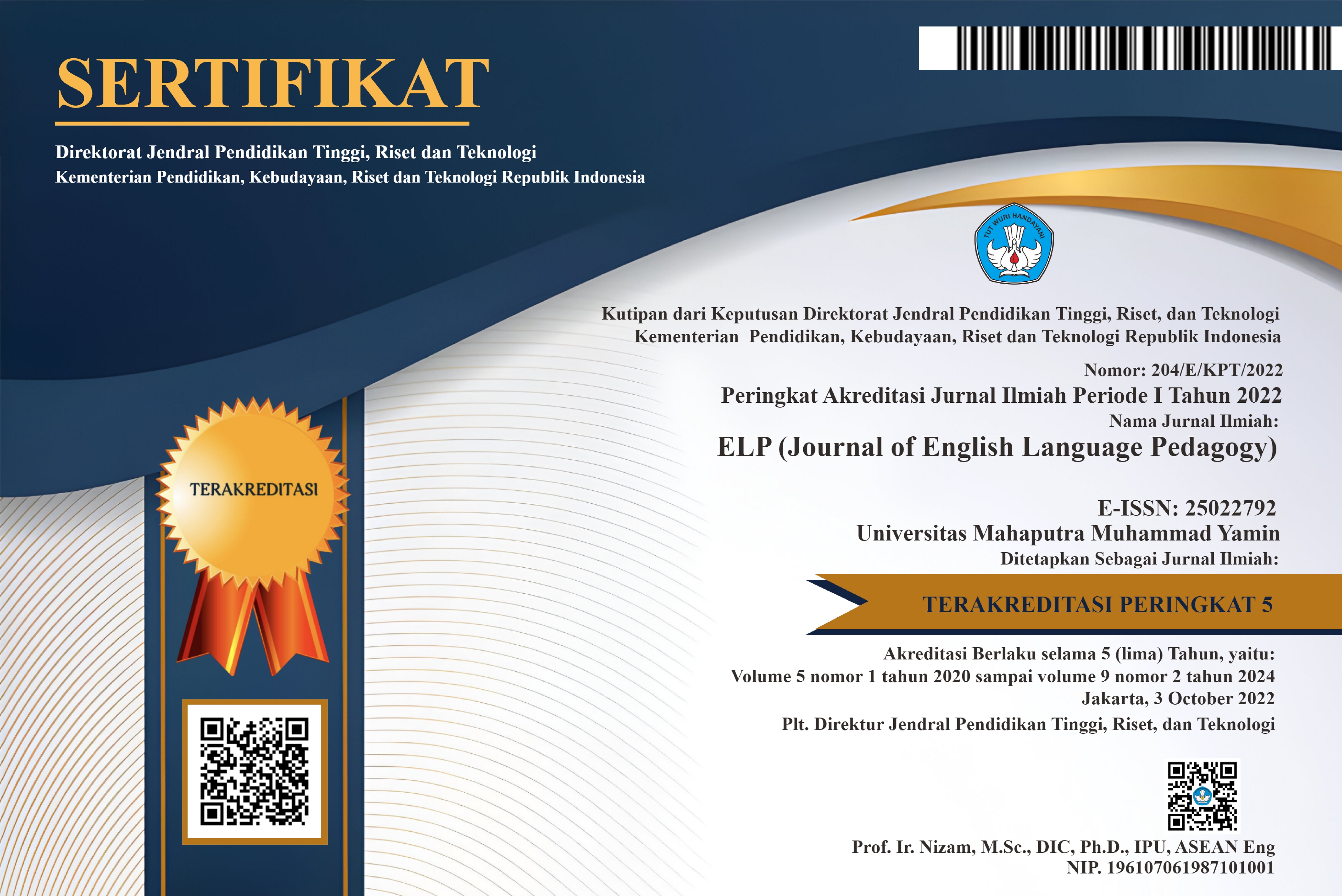DEVELOPING AN ENGLISH PRONUNCIATION ASSESSMENT TOOL FOR 10TH GRADE STUDENTS: A CASE STUDY AT JABAL RAHMAH MULIA HIGH SCHOOL
Keywords:
English pronunciation, pronunciation assessment, English language teachingAbstract
This study aims to develop evaluation and assessment tools tailored for improving English pronunciation skills among 10th-grade students at Jabal Rahmah Mulia High School. Recognizing the challenges students face in mastering pronunciation, particularly in non-native English-speaking contexts, the research emphasizes the importance of structured and systematic evaluation. The study adopts a research and development (R&D) methodology, involving needs analysis, tool design, implementation, and validation stages. Data were gathered through classroom observations, interviews with English teachers, and a diagnostic analysis of students' pronunciation abilities. The tools developed include pronunciation assessment rubrics, digital and offline feedback mechanisms, and task-based evaluation models focusing on segmental (individual sounds) and suprasegmental (stress, rhythm, intonation) aspects. These tools were validated by experts and trialed in classroom settings to ensure reliability and practicality. The findings demonstrate that integrating these tools into the English learning process significantly enhances students’ pronunciation accuracy, fluency, and confidence. Teachers reported improved engagement and participation among students, while learners expressed greater awareness of their pronunciation weaknesses and progress. This study underscores the critical role of well-designed pronunciation assessments in language learning and provides a framework that can be adapted for similar educational contexts. Future research is recommended to explore the long-term impact of these tools on communicative competence and their scalability across different grade levels and school settings.








